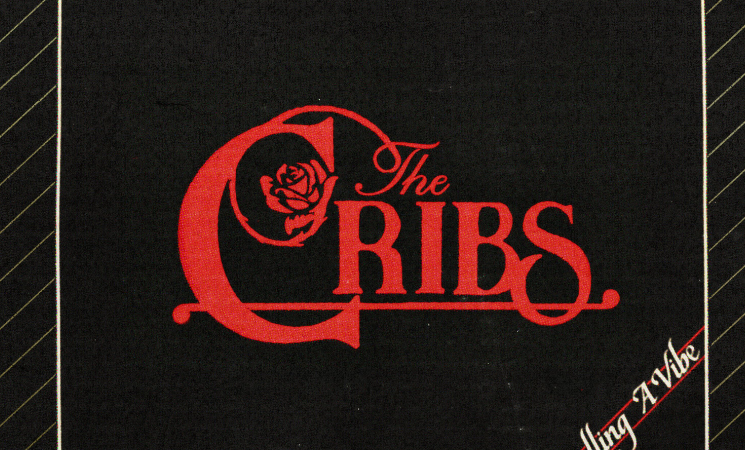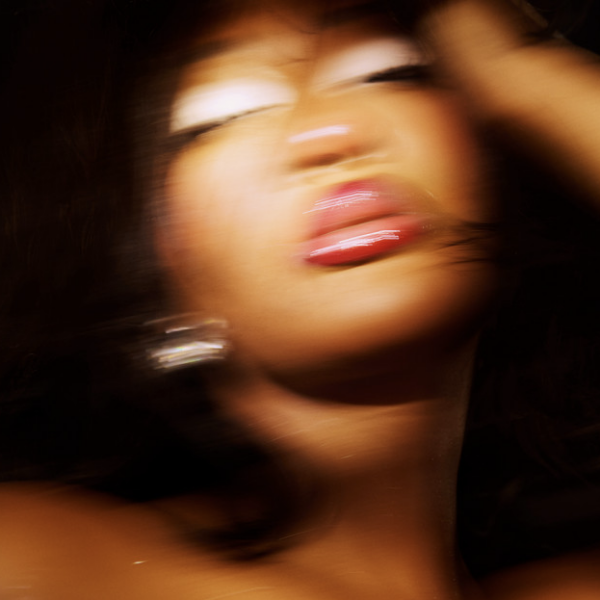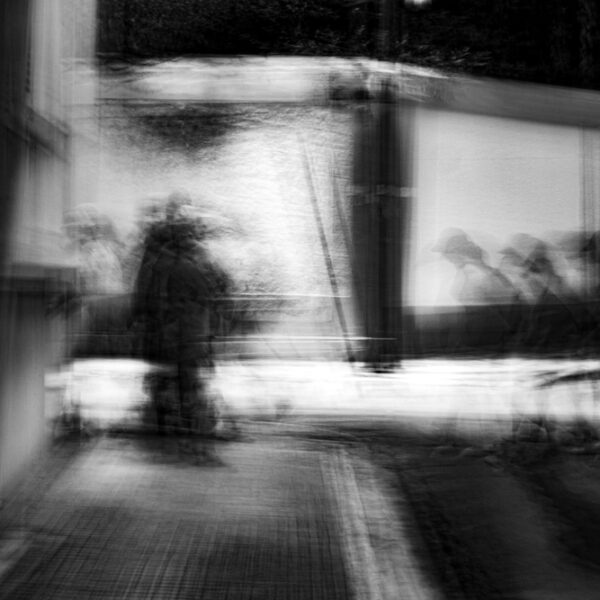Japanese Breakfast: For Melancholy Brunettes
On For Melancholy Brunettes (& Sad Women), her fourth album as Japanese Breakfast, Michelle Zauner doesn’t just embrace melancholy—she stages it like a grand performance. Swathed in strings and literary allusions, the record plays out like an ornate tragedy, where heartbreak is both deeply felt and exquisitely framed. From the opening swell of Here Is Someone to the wistful duet of Men in Bars, Zauner revels in sorrow as an aesthetic, layering orchestral grandeur with the dusty twang of country and the brooding textures of rock.
That sense of theatricality is apparent from the outset. In the self-directed video for the lead single Orlando in Love, Zauner transforms into a dashing Renaissance poet, her voice lilting over candlelit harpsichords. The song sets the tone for a record that blurs the line between deep personal emotion and artful storytelling. Unlike her autobiographical past work—including Crying in H Mart, her bestselling memoir—this album turns outward, tracing the contours of fictional characters and the weight of fame itself. It’s a departure, but a fitting one: after years of public vulnerability, Zauner now filters her emotions through mythology and metaphor.
The production, too, marks a shift. While previous Japanese Breakfast records carried a DIY sensibility, For Melancholy Brunettes benefits from the polished touch of Blake Mills, whose work with Fiona Apple and Perfume Genius echoes in the album’s lush arrangements. The delicate Little Girl drifts by like a half-remembered lullaby, while the steel guitars of Orlando lend it a sepia-toned, Western ballad feel. Even as the album leans into grand orchestration, its most striking moments arrive in the sharp snap of electric guitars and rolling percussion. The grunge-tinged Mega Circuit takes aim at internet-fueled toxicity, its sinister, lurching groove mirroring the downward spiral of disillusioned young men. On Honey Water, a scorned wife’s fury builds into a psychedelic breakdown, where Zauner’s voice cracks through the haze with searing clarity.
But the true centerpiece is Picture Window, a song that distills Zauner’s gift for balancing intimacy and spectacle. “All of my ghosts are real,” she sings over a dark, pulsing riff—at once playful and devastating. The track captures the cruel paradox of love: the deeper the connection, the greater the fear of loss. It’s in moments like these, where vulnerability peeks through the ornate production, that the album resonates most powerfully.
At just 30 minutes, For Melancholy Brunettes feels fleeting, like a dream you wake from too soon. But in that brevity, Zauner crafts a world where sorrow is something to be draped elegantly over the shoulders, where heartbreak isn’t just something to endure, but something to admire—if only for a moment.
















